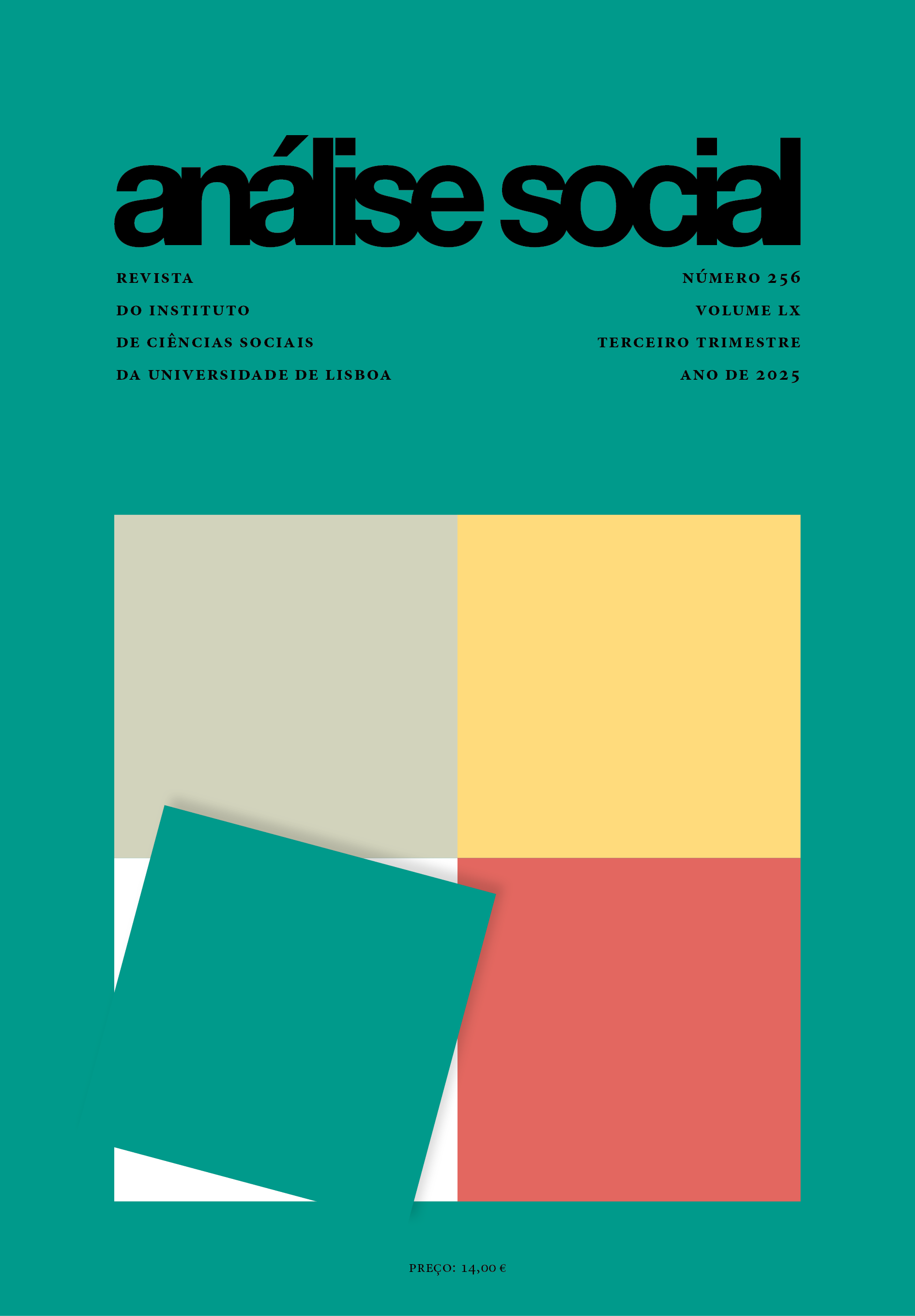The paradox of the Portuguese game: about the omnipresence of football and the absence of spectators
DOI:
https://doi.org/10.31447/AS00032573.2006179.11Keywords:
stadium attendance, hegemony of football, PortugalAbstract
Without doubt, football is omnipresent in the Portuguese public (and private) sphere. Some speak about the «footballizaton» of Portuguese society, and criticise the hegemony of football in Portuguese culture, along with it the close (and sometimes dangerous) connections between football and politics. What is so interesting about this phenomenon is that it is juxtaposed with other facts, such as stadium attendance, being surprisingly low. The article brings to the forefront the particularities of the Portuguese football social formation case by taking these two current realities as a point of departure. In analysing stadium attendance over three decades against specific historical backgrounds, the authors present six different factors which explain the paradox and come to the conclusion that both realities are not contradictory - but partly determining each other.




